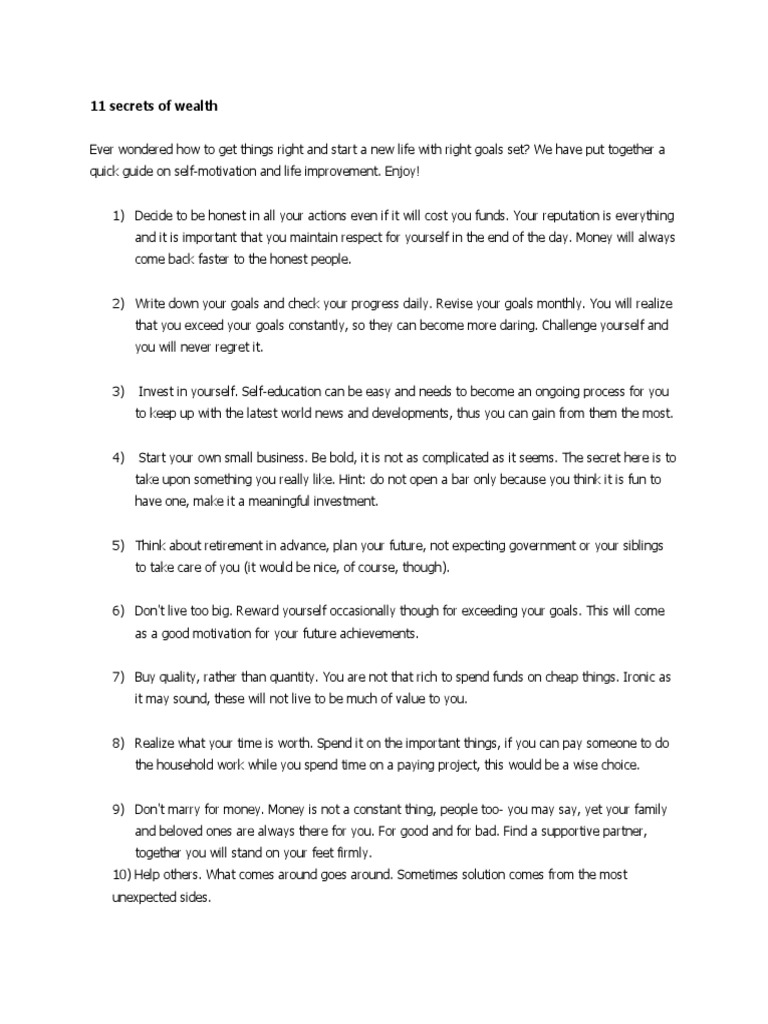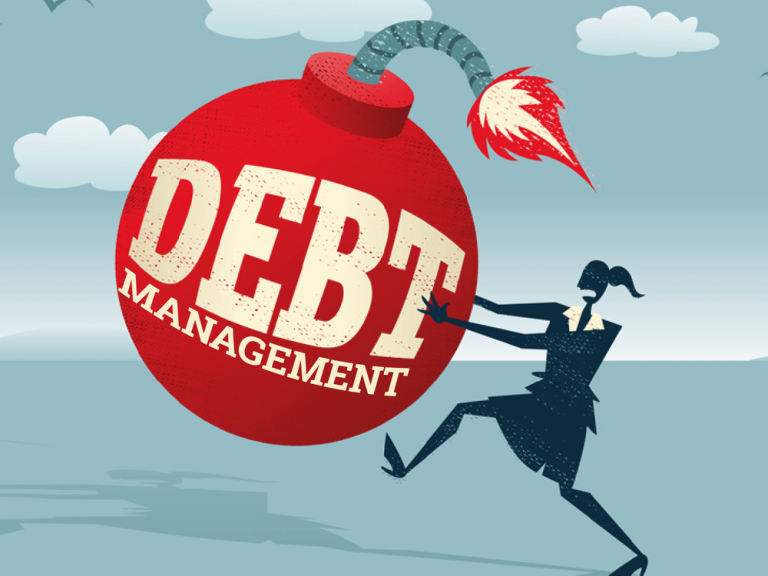Are you feeling overwhelmed when it comes to managing your personal finances? You’re not alone. Many individuals are navigating the complexities of budgeting, saving, and investing in today’s fast-paced world. The key to achieving financial stability and growth lies in understanding the principles of managing your personal finances effectively. This article will delve into the essentials of financial management, offering helpful tips and strategies that will put you on the path to healthier financial habits.
Understanding the Basics of Managing Your Personal Finances
First and foremost, managing your personal finances starts with a solid understanding of your income and expenses. Conducting a thorough assessment of your financial situation is crucial. Start by listing all of your sources of income, including your salary, bonuses, and any side hustles. Next, compile all of your monthly expenses, which can include fixed costs like rent or mortgage payments, utilities, groceries, and discretionary spending.
The Importance of Creating a Budget
A robust budgeting system is the cornerstone of managing your personal finances. A budget helps you to allocate your income towards various expenses while also setting aside funds for savings and investments. By having a clear picture of where your money is going, you can make informed decisions about your spending habits.
To create a budget, start with the following steps:
- Identify your net income: Calculate your total income after taxes.
- List all fixed and variable expenses: Separate your regular bills from your discretionary spending.
- Set savings goals: Aim to save a portion of your income each month.
- Track your expenses: Monitor your spending to ensure you remain within your budget.
Image Illustration on Managing Your Personal Finances
This image offers a visual representation of effective budgeting strategies. It highlights the balance between income and expenses, which is vital in managing your personal finances.
Emergency Funds: A Safety Net for Financial Security
Another crucial component in managing your personal finances is to build an emergency fund. Life is unpredictable, and having financial reserves can provide much-needed security during unexpected events such as job loss or medical emergencies.
Here’s how to start your emergency fund:
- Determine your target: Aim to save three to six months’ worth of living expenses.
- Open a separate savings account: Keep this fund distinct from your everyday spending to avoid the temptation of using it for regular expenses.
- Set up automatic transfers: Automate your savings to ensure you’re consistently contributing to your emergency fund.
Investing as Part of Managing Your Personal Finances
While budgeting and saving are essential, investing plays a crucial role in growing your wealth over time. Understanding how to invest wisely is imperative for anyone looking to enhance their financial situation.
Types of Investments to Consider
When it comes to investing, multiple options are available, each with its own risk and return profile:
- Stocks: Equities allow you to own a share of a company and can offer significant returns, but they also come with higher risk.
- Bonds: These are generally considered safer investments and provide fixed interest payments over time.
- Mutual Funds: These pool money from various investors to purchase a diversified portfolio of stocks and bonds.
- Real Estate: Property can be an excellent long-term investment, providing income through rentals and potential appreciation in value.
Regardless of the investment avenue you choose, conducting thorough research and potentially working with a financial advisor can significantly enhance your decision-making process.
Managing Your Personal Finances with Tax Strategies
Tax implications can severely impact your financial planning. Managing your personal finances effectively includes understanding how to minimize tax obligations legally. This could mean taking advantage of tax-advantaged accounts like IRAs or 401(k)s.
Tax Credits and Deductions
Being aware of available tax credits and deductions can help you save significant amounts of money. Make sure to keep accurate records of expenses and look for eligible tax breaks that apply to you, such as education credits or home mortgage deductions.
Financial Literacy: Empowering Yourself
Emphasizing the importance of financial literacy is crucial in managing your personal finances. Understanding basic financial concepts empowers you to make informed decisions and provides insight into more advanced topics like investment diversification and credit scoring.
Resources for Improving Financial Literacy
- Books: Many authors have tackled personal finance topics; consider reading popular titles like “Rich Dad Poor Dad” by Robert Kiyosaki.
- Online Courses: Websites like Coursera or Udemy offer courses on budgeting, investing, and more.
- Podcasts: There are numerous finance-focused podcasts sharing tips and engaging discussions about managing finances.
Staying Consistent and Committed
Success in managing your personal finances comes from consistency and commitment. Make it a habit to review your budget regularly, adjust spending as necessary, and keep saving and investing in your future. Set clear financial goals and hold yourself accountable to reach them.
Seeking Professional Help
If managing your personal finances feels daunting, consider seeking the help of a financial professional. Whether it’s a certified financial planner or a budgeting coach, an expert can guide you in devising a customized plan that suits your specific needs and goals.
In summary, managing your personal finances is an ongoing journey that requires diligence, planning, and adaptability. Whether you’re just getting started or looking to refine your existing strategies, remember that every step you take brings you closer to financial stability and security. By adhering to sound budgeting practices, investing wisely, and continually educating yourself, you can take control of your financial future and achieve lasting prosperity.



